Podcaster: Takara Small. ‘Always a team effort’
Takara Small, ‘10, is currently the host of the TheyDidThat (external link) podcast, a show that highlights the work of innovators that were never given proper credit or recognition (learn more about the podcast here). The tech journalist has collected bylines in BBC, Fortune Magazine, Financial Post, Metroland and more, for over a decade now. Small is also known for her non-profit work with VentureKids (external link) , of which she is the founder and teaches entrepreneurship and coding skills to students in underserved communities. In 2020, Small was named one of Canada's 100 Most Powerful Women (external link) .
CROPPED.png)
(Photo courtesy of CBC)
6:00 a.m.: Wake up
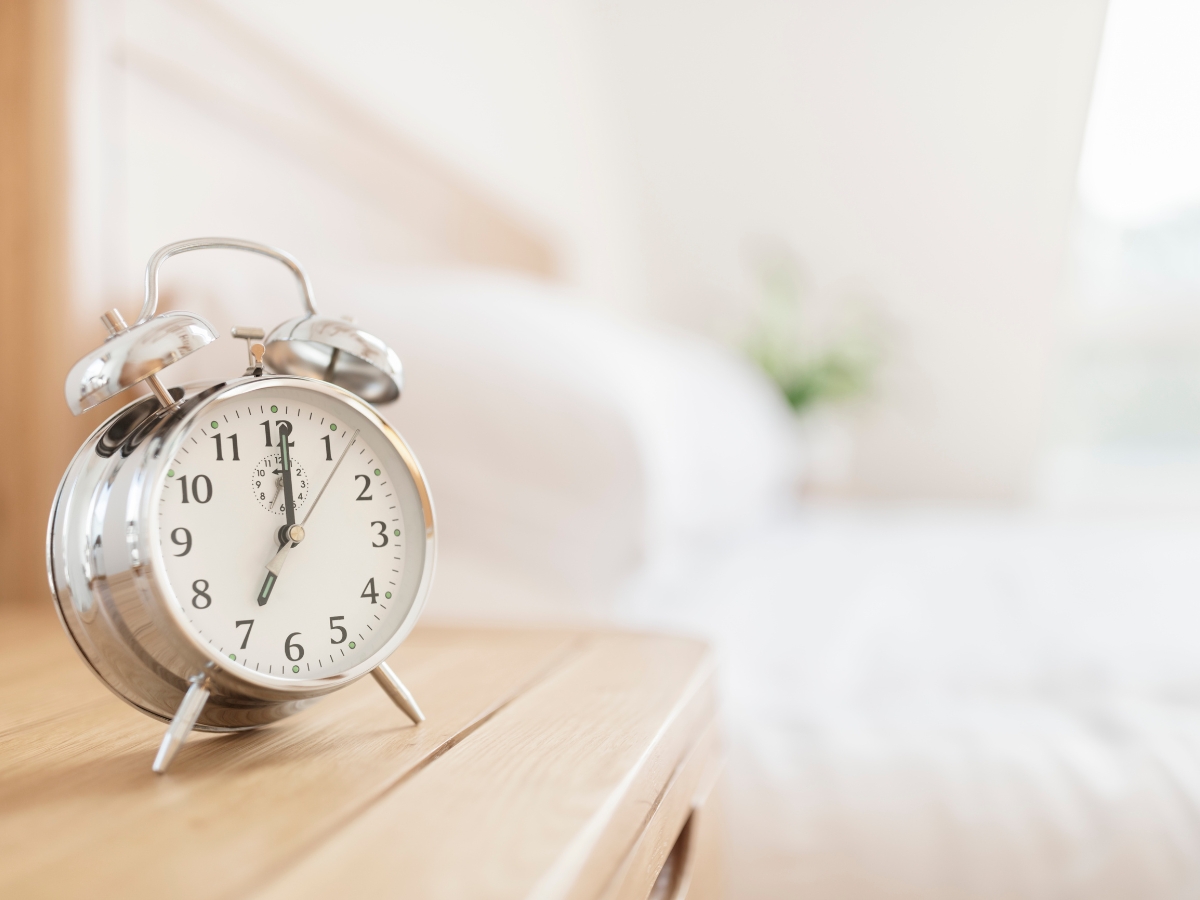
(Photo courtesy of Canva)
This is when I usually wake up but sometimes, if I'm doing something for another outlet that isn’t on EDT, I’ll wake up a little earlier. The first thing I usually do is open up my phone to check emails, respond to anything that’s an emergency and see if there's anything that's happened that could be considered breaking news or impact my day. Then I get to my regular morning routine so I can get ready for the day.
7:00 a.m.: Radio

(Photo courtesy of Canva)
I prepare for my CBC Toronto Metro Morning column and then get ready for my live interview. I don’t really use Twitter as much as I used to, but I’ll still make sure to highlight live shows, interviews or upcoming episodes on the platforms. The night before, I’ll discuss pitches with my editor and possible ideas.
7:30 a.m.: Pitches
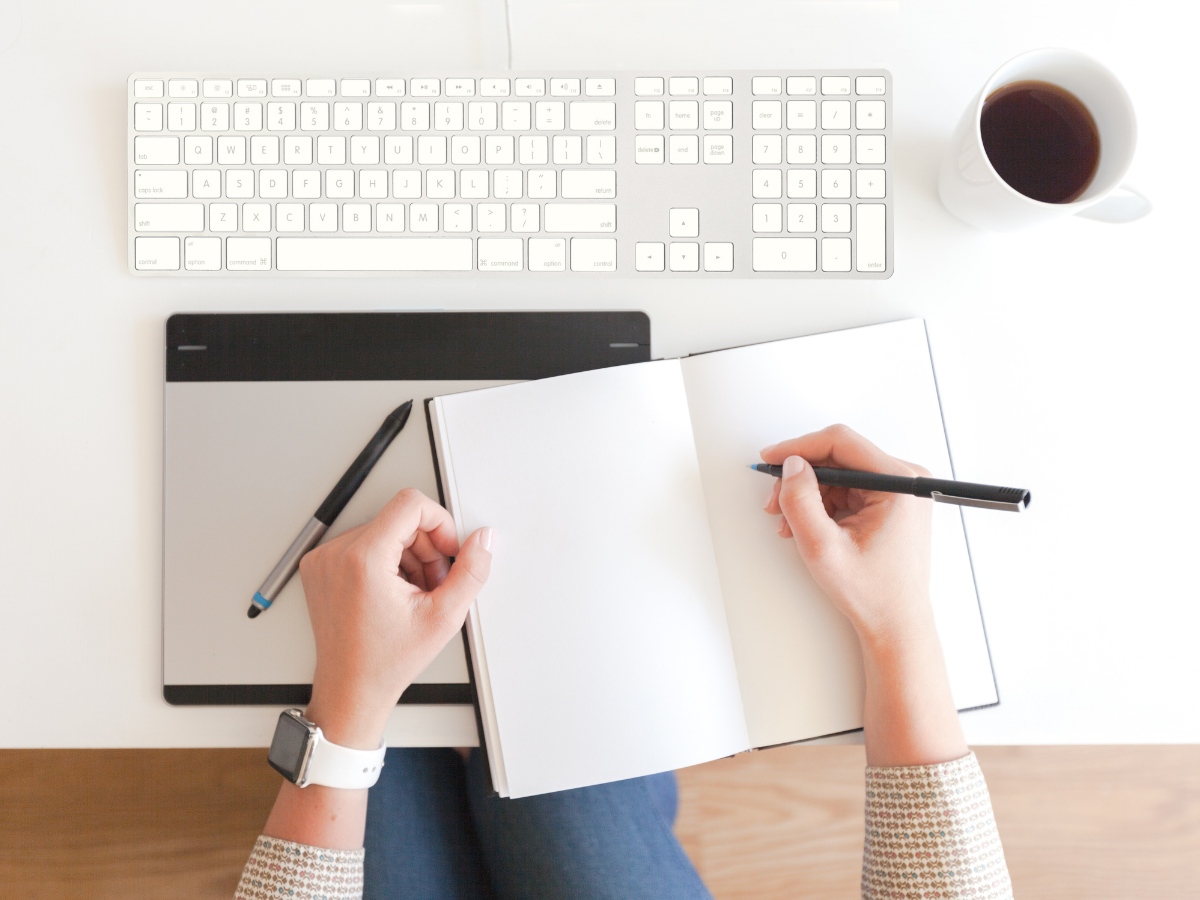
(Photo courtesy of Canva)
Because of the time difference, I tend to send any relevant pitches or stories that I think may be of interest in North America to producers at the BBC early, so they have a chance to see it before the end of the day.
8:00 a.m.: Research time
This is where I begin my - I call it - research time for my series. The best host, interviewer or journalist, will always make sure that they come as prepared for any interview as possible. Not many hosts I know have people who do their research for them, but even if I did I would always want to do my own, because there’s no substitute for it. The golden time is right before you actually have a chance to sit down and chat with someone because the world moves so fast and if it’s a topical subject things can change in a minute. Sometimes, you will find some piece of breaking news, a comment on social media or a new story that’s just been published.
I do some last minute research and then set up the studio for my interview.
8:30 a.m.: Interview time
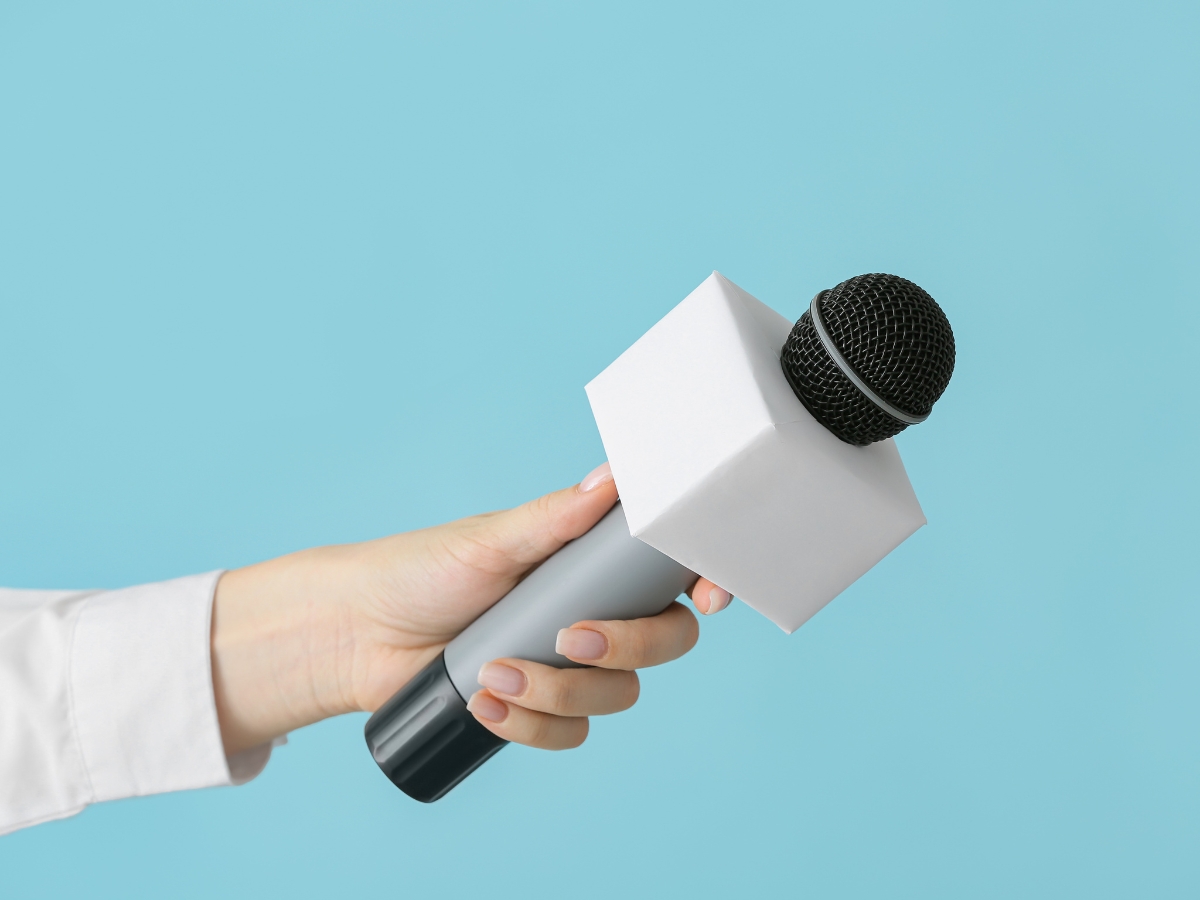
(Photo courtesy of Canva)
Around this time is when I'll do my interview with an individual and this usually can go on for an hour. The audio is usually broken down into chunks that can be used on social, news stories, posts, etc.
9:30 a.m.: Debrief
After the interview is done, usually I'll have a one-on-one with my producers. We will talk about what things worked, what didn't work, etc. We brainstorm about where this interview will end up in the series, if there are any problems (ex. bad audio or dropped calls) and next steps before it’s shared with the world and upcoming interview.
10:00 a.m. - 11:00 a.m: Emails & Calls

(Photo courtesy of Canva)
I’m working on a few projects, so this time is usually reserved for reaching out for comments to interviewees, looking for related research, responding to requests, and getting back to editors.
11:30 a.m. - 11:45 a.m.: Setup
This is when we get the audio set up. This guest was located outside of Toronto so we had a few technical issues getting him set up and using the right channel in a new space.
11:50 a.m. - 1:00 p.m.: Interview #2
I'll have my next interview at 1 p.m. so I will have the same time frame to do my own research beforehand. You can look into someone's history or what they've done since you last chatted to them - that is really important. If something has changed, it's really good to make sure that your executive producer and team are on board, too. I think sometimes people assume that the host is like the “be all and end all” and that I make really big decisions myself. That is the furthest thing from the case. It's always been a team effort in any show I've worked with.
1:00 p.m. - 1:45 p.m.: Commute
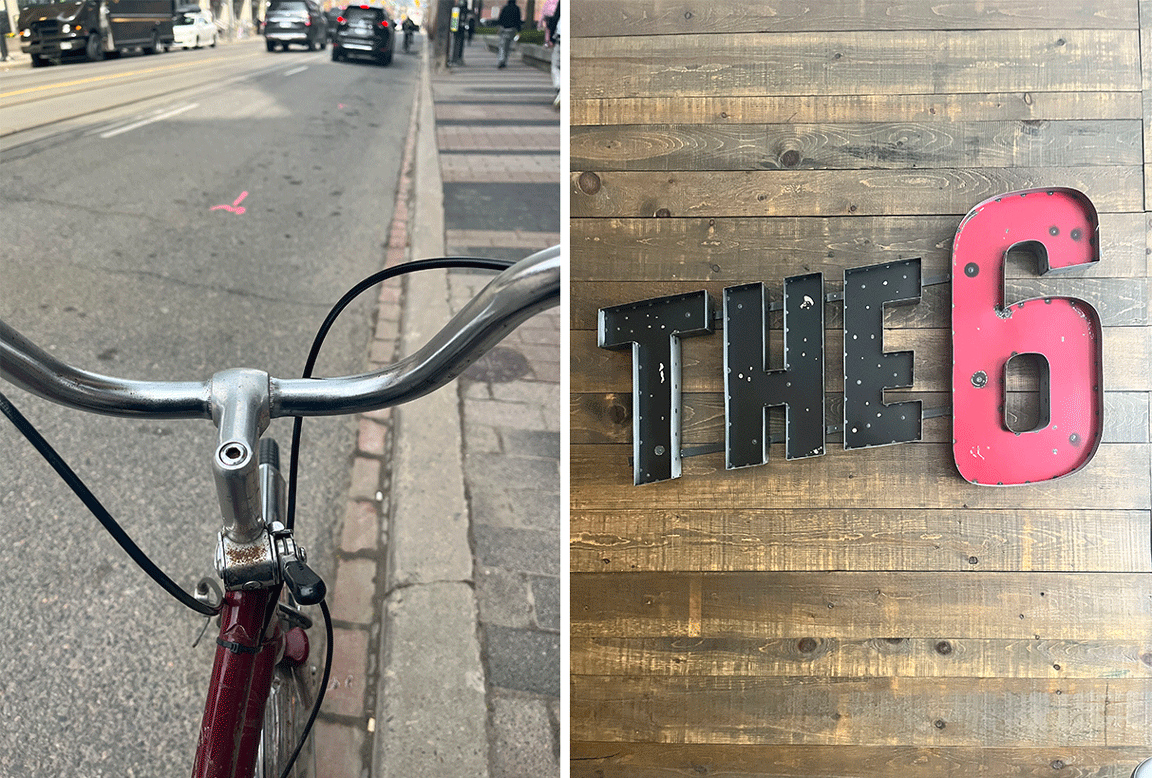
(Photos courtesy of Takara Small)
Commute to the office. Depending on how busy it is, I'll be able to take lunch. I always have snacks at my desk if it’s a little bit chaotic and I have several interviews in one day. If it’s a good day, I'll take like a 30 minute lunch and get food. Eating is very important!
1:45 p.m. - 2:15 pm: Eat lunch
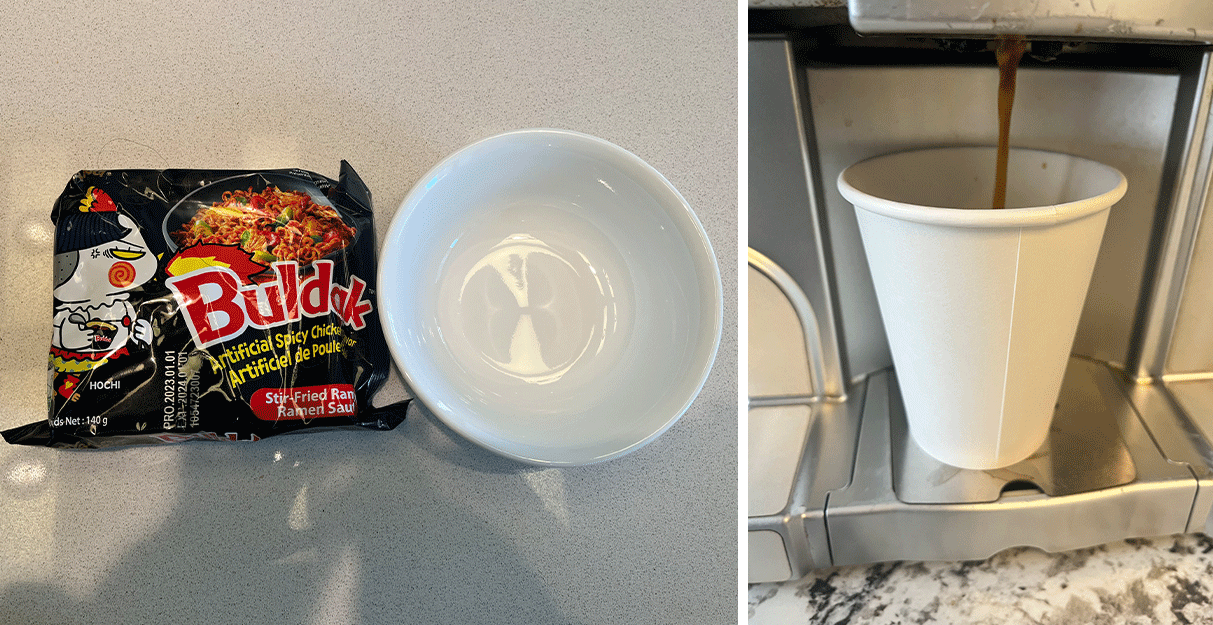
(Photos courtesy of Takara Small)
Around this time is when I eat lunch and continue editing. Eating is very important! Also always keep snacks on hand for busy days.
2:15 p.m. - 2:30 p.m.: Debrief
This is when I look at my emails and we have a quick debrief.
2:30 p.m. - 6:00 p.m.: Studying and other work
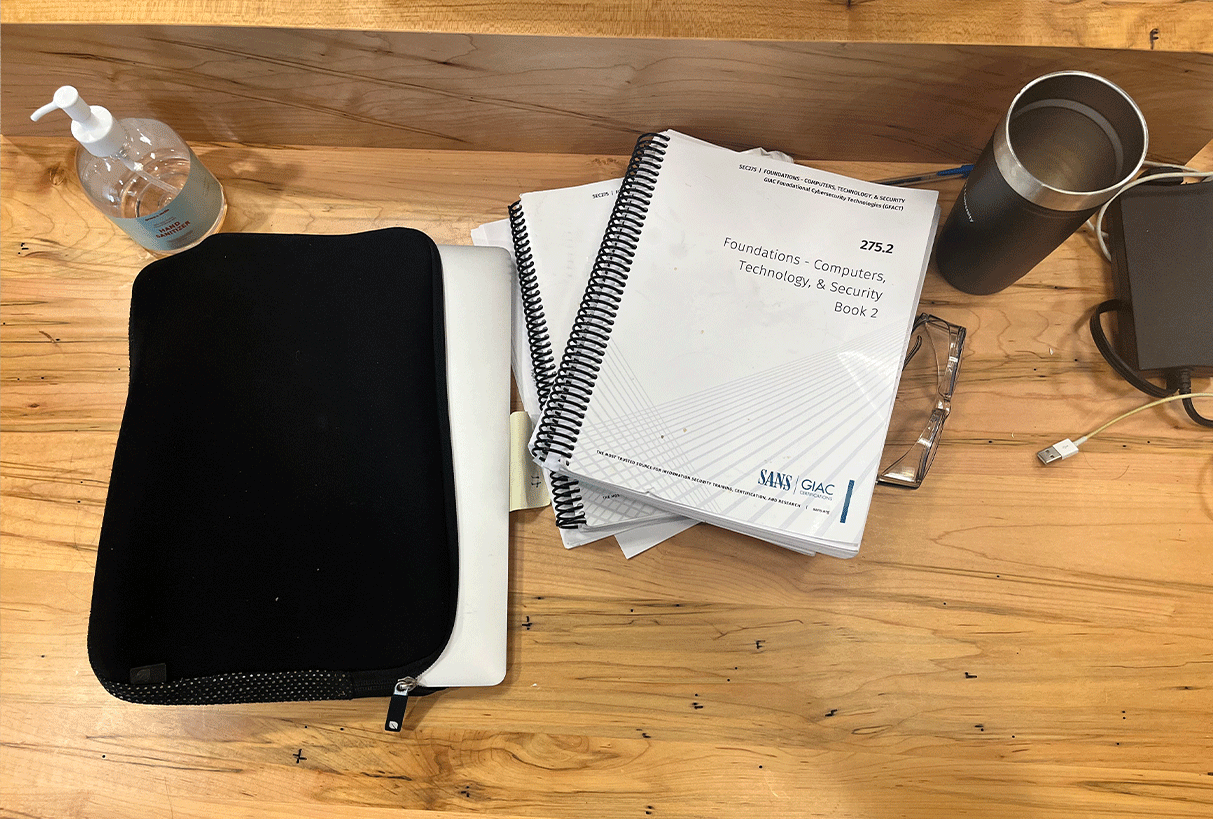
(Photos courtesy of Takara Small)
Right now, I’m pursuing a cybersecurity course with SANS. This course teaches you the fundamentals of cybersecurity and I’ll spend my time studying for my next exam. I think as journalists we should have a basic understanding on the subject as a lot of our work requires us to be online, so understanding the fundamentals is actually really important and useful. I will study for a couple of hours and work on some projects.
6:00 p.m.: Commute
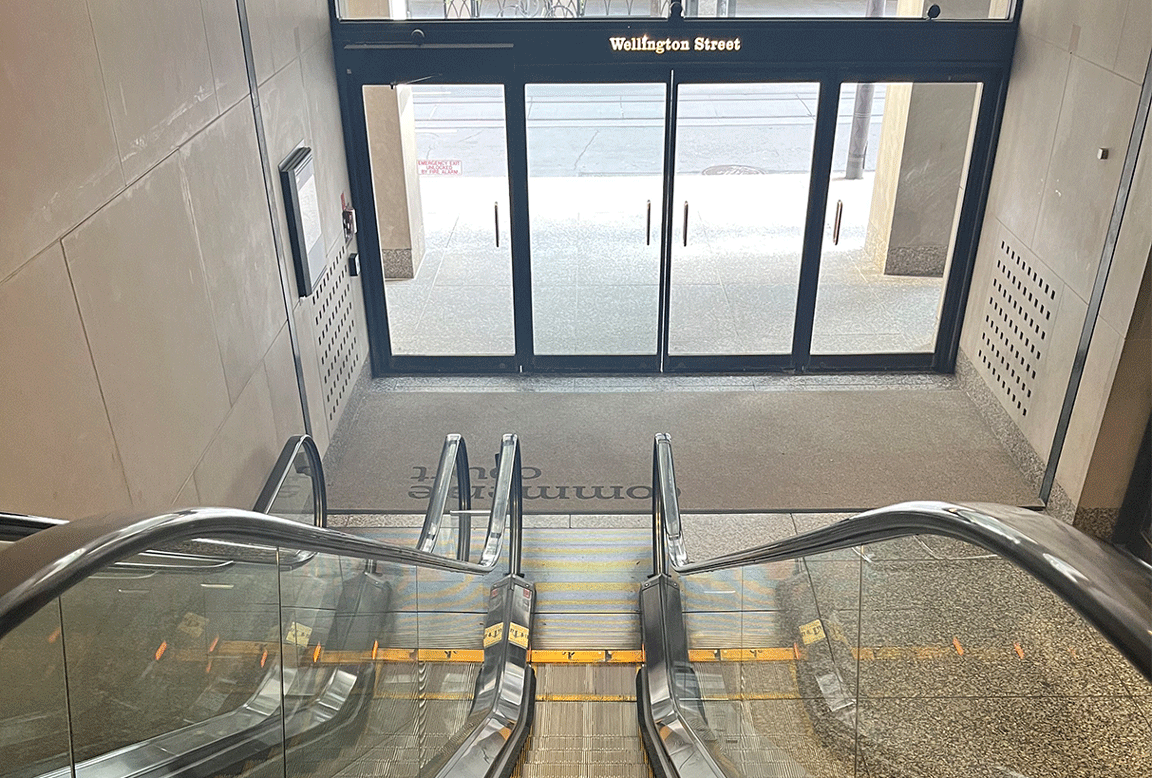
(Photos courtesy of Takara Small)
Time to commute home.
Rush hour traffic is the pits.
7:00 p.m.: Studying and other work
More work.
8:00 p.m.: BBC segment
I’ll do my makeup and set up my at-home space for my short segment with BBC America tonight. A tip: I would suggest that everyone in a similar line of work as mine should get a lighting kit that is usually aimed at influencers, especially if you are dark skinned because the standard overhead light bulb is not enough.
9:00 p.m.: Sign off
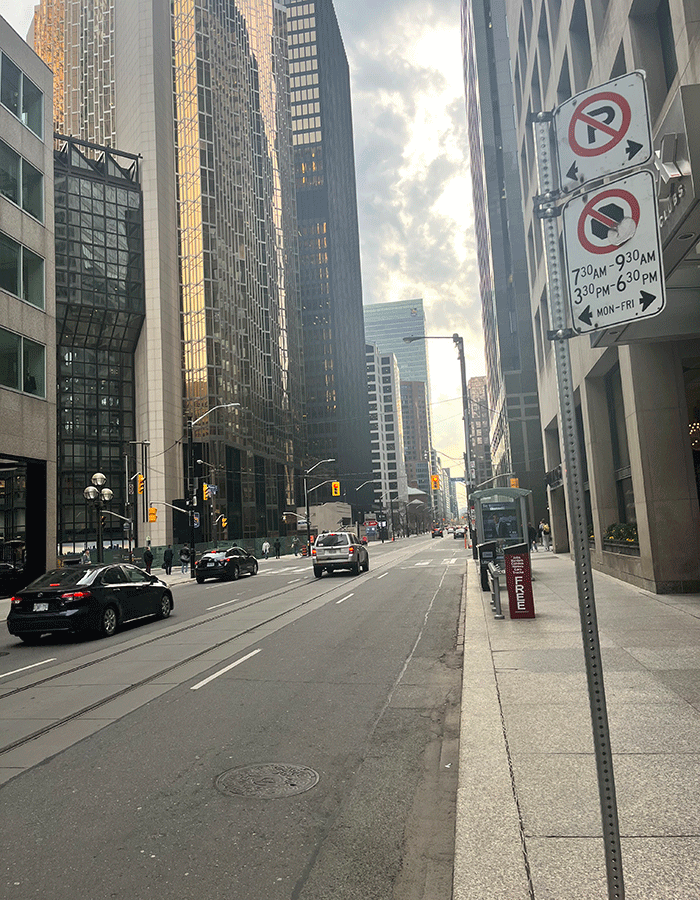
(Photos courtesy of Takara Small)
This is where I sign off for the day.
This interview has been edited for length and clarity.
